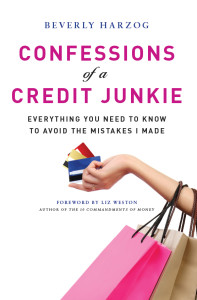Today’s top story: Assessing the damage created by holiday spending. Also in the news: Stress testing your personal finances, New Year’s resolutions for baby boomers, and finding help with getting out of debt.
Did the Holidays Hurt Your Credit?
Analyzing the Christmas carnage.
Stress-Testing Our Personal Finances
Preparing your finances for unexpected crises.
New Year’s Resolutions Boomers Should Make
Establishing better financial habits.
8 Tips to Find Help With Your Debt
You don’t have to do it alone.
The Best Online Tools for Your Housing Search
Your new home could be just a click away.




